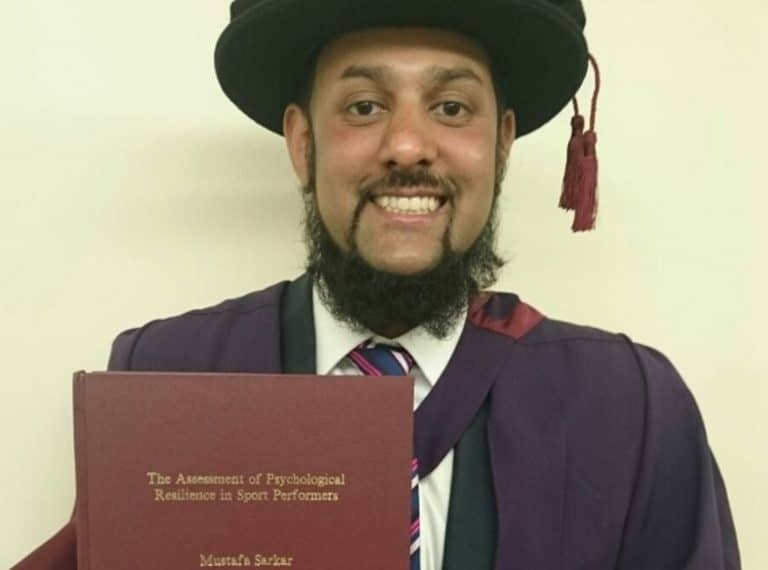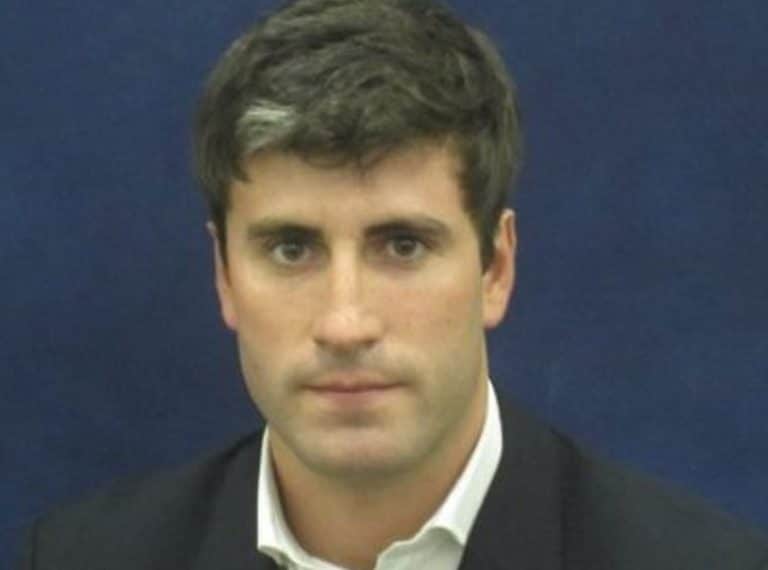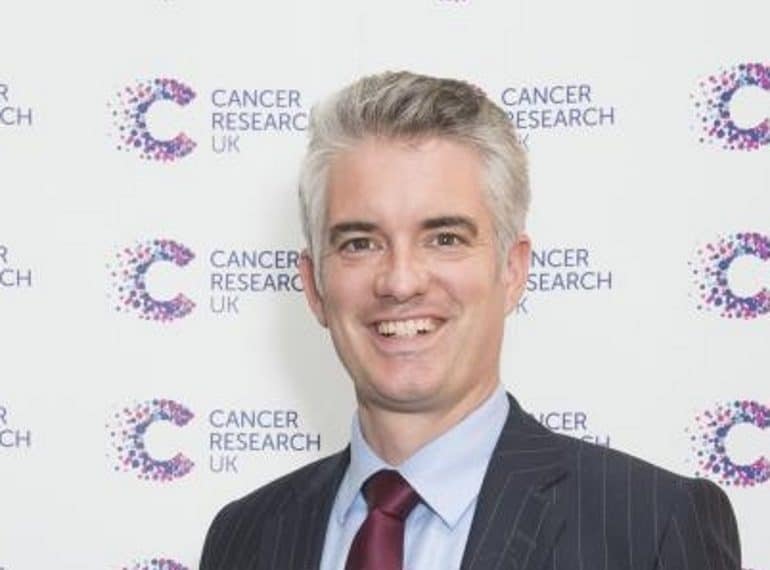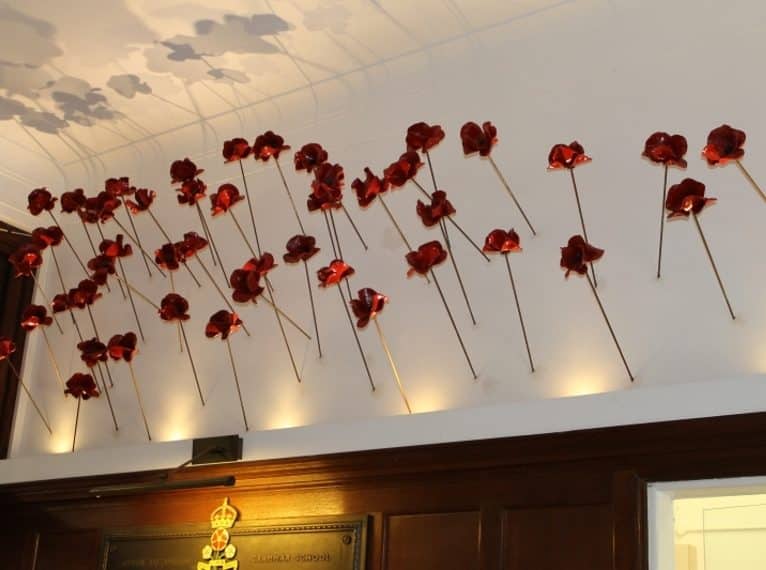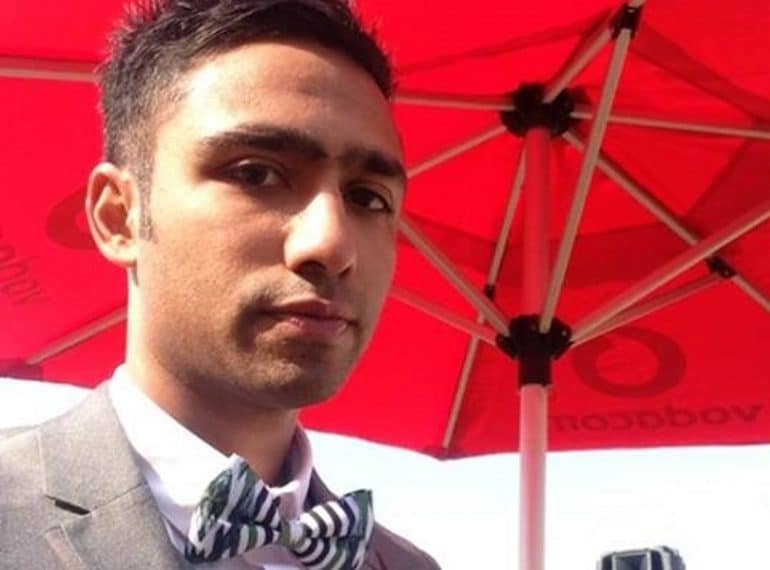
Ashish Kalraiya (OE 1997–2004) has qualified as a surgeon and will be taking up a new post as an Orthopaedic Registrar in the spring.
Passing his MRCS surgical examinations is the latest milepost in a career that has so far seen Ashish secure a degree in Management and win plaudits for developing mobile phone applications – in addition to his medical successes.
Ashish looks back on his time at QE, where he returned as Guest of Honour at the 2011 Junior Awards Ceremony, with both fondness and gratitude. “As I’ve always said, nothing could have been achieved without the help and support of QE Boys and all its staff. So that really has set the foundation for my career.”
After leaving QE in 2004, Ashish spent the next six years at Imperial College, where he graduated from the Medical School with an MBBS (Bachelor of Medicine, Bachelor of Surgery) qualification and also took a first in BSc Management at Imperial’s Business School.
From 2010–2012 he worked as a Foundation Doctor in North London, before moving to Pietermaritzburg, South Africa, to train in Trauma and Orthopaedics for eight months. “That was a fantastic experience for gaining exposure to complex trauma – for example, from road traffic accidents. I received great training from extremely friendly and diligent surgeons. It’s a great country as well, full of history, culture and safari.”
Since he returned, he has worked as a surgical house officer in North London and most recently was working close to the School in the Orthopaedic Department at Barnet General Hospital “which feels as though I have come full-circle, given that I did my first-ever work experience here as a 16-year-old after GCSEs!”
Ashish has also developed applications for healthcare staff to use to eradicate ward inefficiencies and save money for the hospital. The app, which is called MediShout, has been successfully trialled and was a finalist in two awards schemes. In 2014, Ashish was himself a finalist in the Rising Star category of the EHI Awards, which recognise excellence in healthcare IT in the UK.
In late 2015, he undertook some work in orthopaedics in Malawi to obtain further exposure to high-trauma environments.
His new role as an Orthopaedic Registrar, starting in April, will see him working in hospitals across North West London.

